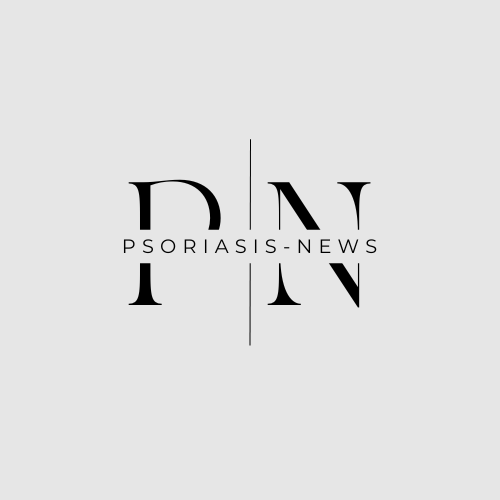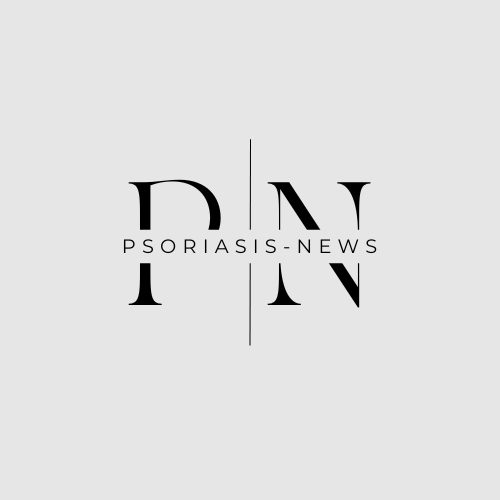Br J Dermatol. 2023 Jan 23;188(1):122-130. doi: 10.1093/bjd/ljac027.
ABSTRACT
BACKGROUND: Hidradenitis suppurativa (HS) is a chronic inflammatory disease that affects intertriginous skin.
OBJECTIVES: To determine the extent of work ability and productivity impairment as a result of HS in Germany.
METHODS: A prospective, multicentre, epidemiological, noninterventional study of patients with HS was conducted. Medical history, medical examination performed by dermatologists and patient-reported outcomes [Work Ability Index (WAI) and Work Productivity and Activity Impairment (WPAI)] were collected.
RESULTS: Of the 481 patients with HS included in the study, 99% were below the current statutory retirement age. In total, 53·3% of patients were working full time, 16·8% part time and 7·3% had retired. The unemployment rate was 12·6%, two times higher than in the general German population. Medical leave because of HS, within the last 6 months, was reported in 41·4% [95% confidence interval (CI) 36·9-46·0], with a duration of 39·3 days on average (95% CI 32·4-46·1). The mean HS-related WPAI absenteeism was 13.3% (95% CI 9·7-16·8), and the loss in productivity because of HS during working hours (WPAI presenteeism) was 25.2% (95% CI 21·8-28·6). Presenteeism was associated with HS disease severity. Overall work impairment because of HS was 33·4% (95% CI 29·3-37·6). The WAI score for patients was 32·2, ∼20% lower than for the average German employee. Only 62·8% of patients were relatively certain that they would be able to perform their work in the coming 2 years. Being more depressed and having more severe pain were associated with lower work ability and overall work impairment. The estimated annual loss of gross value added because of HS for Germany was ∼€12.6 billion (€3.3 billion related to a lower employment rate, €3.5 billion related to absenteeism and €5.8 billion related to presenteeism).
CONCLUSIONS: HS leads to a substantial decrease in work ability and productivity and considerable loss of gross value added. Impairment during working hours correlates with disease severity, underlining the socioeconomic importance of early and adequate treatment. Furthermore, decreased work ability and productivity is linked to depressed mood and severe pain, aspects that need more attention in patient care.
PMID:36689513 | DOI:10.1093/bjd/ljac027

